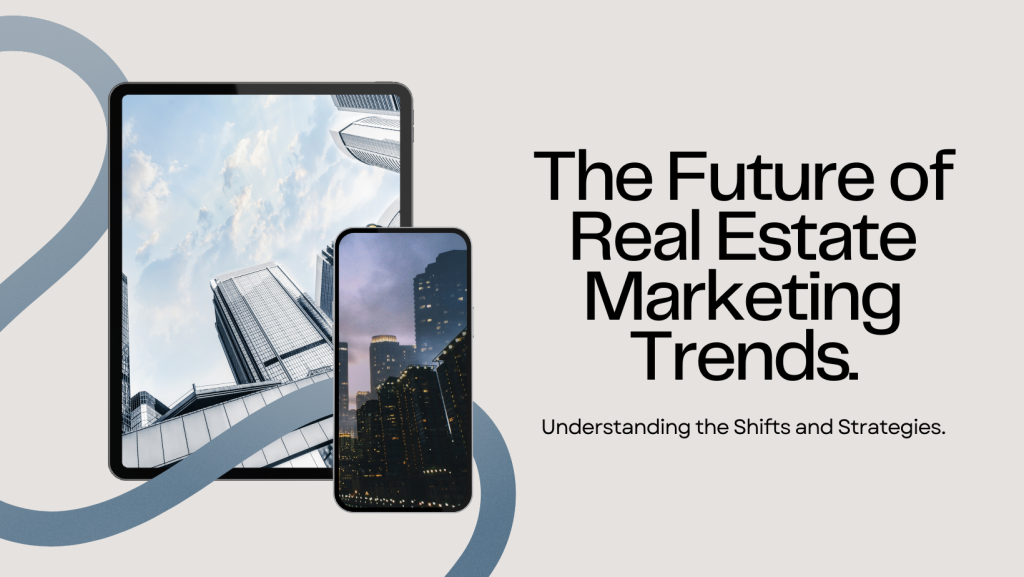Real estate marketing is going through a paradigm change as a result of cutting-edge trends that are changing how properties are marketed and sold. This is due to the ongoing evolution of technology and changes in customer preferences. Innovative marketers are using cutting-edge technologies to interact with buyers and sellers in new and creative ways, from immersive virtual experiences to analytics driven by artificial intelligence.
Virtual and Augmented Reality (VR/AR): These technologies have completely changed how homes are marketed and experienced by prospective purchasers. With the help of virtual reality (VR), customers may virtually explore properties and get a genuine sense of their layout and area. Through the use of augmented reality (AR) software, users may see prospective renovations, furniture arrangements, and interior design possibilities in real time.
VR and AR technologies improve prospective buyers’ decision-making and engagement by providing immersive and interactive experiences. This accelerates sales and increases conversion rates.
Big Data and Predictive Analytics: Real estate marketers may now obtain important insights into buyer behavior, market trends, and property performance thanks to the widespread use of big data and predictive analytics tools. Marketers can predict market trends, spot new opportunities, and more by analyzing massive amounts of data from multiple sources, such as social media interactions, demographic data, and real estate listings. This allows them to better target niche audiences and adjust their marketing tactics. Real estate agents are also better equipped to anticipate customer demands, customize communications, and maximize return on investment by optimizing pricing and listing tactics thanks to predictive analytics.
Blockchain Technology: Mostly recognized for its part in cryptocurrencies, blockchain technology is being used more and more in the real estate sector to improve security, speed up transactions, and boost transparency. Peer-to-peer transactions, smart contracts, and tokenization of real estate assets are made possible by blockchain-based platforms, which also minimize transaction costs and lessen the need for middlemen. Blockchain improves confidence and efficiency in real estate transactions by offering unchangeable and transparent records of property ownership, title history, and transactional data. This makes it desirable to both buyers and sellers looking for more security and transparency.
In summary, cutting-edge marketing trends are transforming the real estate industry and providing marketers with exciting chances to interact with customers in new and creative ways and spur company expansion. In an increasingly digitized and competitive market context, real estate professionals may stay ahead of the curve and provide extraordinary value to customers by embracing technologies like blockchain, virtual and augmented reality, and predictive analytics.


